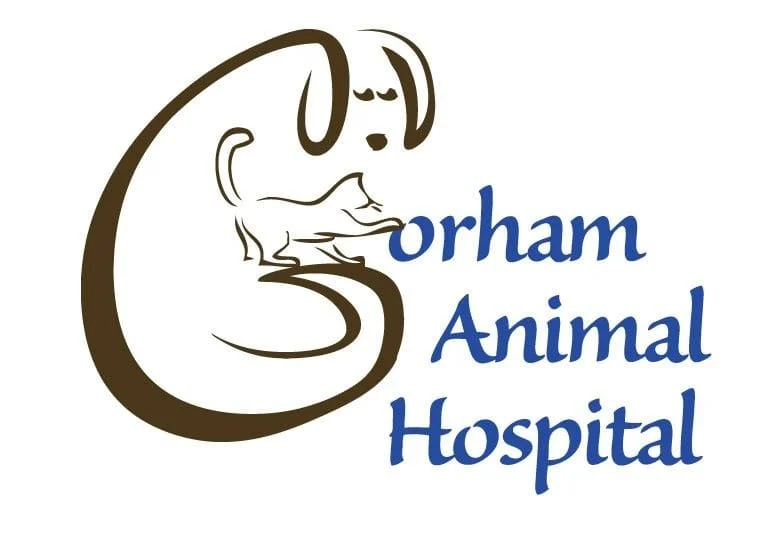Tick control is becoming an increasingly important aspect of pet health. Ticks can be carriers of a number of infectious diseases, and their geographical "hot spots" in Ontario are expanding.Tick control measures include avoidance of risk areas, cutting down tall grasses, and doing daily checks of your pets to search for ticks. In 2019 we have seen 25 cases of lyme positive dogs at our clinic. Note that fortunately most dogs will clear the infection, however people exposed can develop life altering disease. The annual accuplex blood panel tests dogs for both heartworm and tick borne diseases including lyme disease. This is important in starting the discussion of a families risk, when identifying a pet that has been exposed.
Our current recommendation is that all dogs are treated with a tick/flea preventative year round. Heartworm prevention remains seasonal in our area, please talk to us if travelling with your pet about individual recommendations. .
The tick is a blood sucking parasite which spends most of its life cycle in the environment. Ticks may hitch a ride on a pet, seeking out a suitable feeding spot. This may take several minutes or even several days. Once attached, the tick starts feeding on blood. Ticks become engorged once fed and it is during the feeding cycle that diseases such as Lyme disease are transmitted. Newer tick control products can kill the tick so quickly they are not able to feed, preventing the transmission of diseases.
There are various species of ticks. The Dermacentor sp. ticks (American Dog tick and Rocky Mountain Wood Tick) are the most common in Canada. The Rhipicephalus sp (Brown dog tick) prefer dogs, but can feed on humans occasionally. They are often found, even in winter, on dogs especially in heated buildings. Ehrilchia and Babesia canis can be transmitted by this species.
The Deer Tick (Ixodes sp.) is the main vector for LYME disease and is now becoming more common in Ontario. Ixodes species can be found along the shores of the Saint Lawrence river, Lake Ontario and Lake Erie, in the Niagara, Ottawa and York regions and at Pinery Point Provincial Park on Lake Huron. For an up to date map on where Ixodes ticks are found in Ontario, you can check the Public Health Ontario website. This species is also the vector that carries Anaplasma and has also been associated with tick paralysis.
Newmarket is now listed as an estimated risk area on the Public Health Ontario Lyme risk map.
Lyme Disease is a tick borne disease which is caused by a spirochete, Borrelia Burgdorferi. Only 5-10% of infected dogs will go on to develop clinical disease. This contrasts the disease in people, where 90% will develop disease. Dogs may present with signs of lameness, fever, lethargy or enlarged lymph nodes, 2-5 months after transmission. Again, it is currently believed that the tick must feed for 48 hours or more to efficiently transmit Borrelia to the host in most cases.
DID YOU KNOW??? The current recommended annual blood testing for heartworm each spring is now also routinely screening for tick borne diseases such as Ehrlichia, Anaplasmosis, and Lyme disease at no additional charge at Gorham Animal Hospital.
To protect your family: avoid high risk areas, remove tall grasses and leaves, do daily tick checks and use a tick preventative medication on your pets. Safe and effective tick prevention is now available for both dogs and cats. The season for ticks is actually longer than the heartworm season. Ticks are active and looking for a host whenever the temperature is above 4 degrees celcius. The current recommendation would be to start tick prevention in the spring when the temperature is over 4 degrees and stop it in the fall when the temperature drops below 4 degrees. In the case of a warm winter or temporary thaw, tick prevention is recommended all year round.
Please call the clinic if you have any further questions regarding lyme disease or other tick borne diseases.

